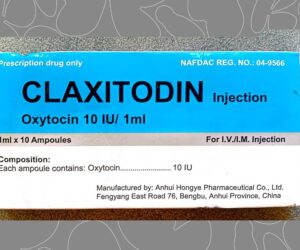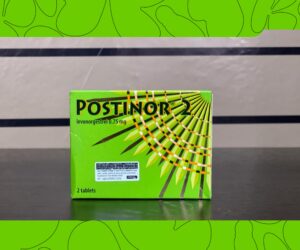As a woman, growing up, I’ve always heard so many different theories about things that supposedly help with one’s vaginal health. From sitting on a bowl of hot water to using alum or lime to “tighten” the vagina, the myths have been endless.
The truth is, the vagina is a self-cleaning organ, and most of these tips are not only unnecessary but can sometimes do more harm than good.
One myth that has been particularly popular is the idea that eating certain fruits, especially cranberries and pineapples, can improve vaginal health, smell, and even taste. It’s an interesting theory, but how true is it?
Understanding Vaginal Health: What’s Normal and What’s Not
The vagina is a complex but delicate ecosystem. It’s naturally acidic, typically with a pH range of around 3.8 to 4.5. This acidity is not random, as the vagina is maintained by beneficial bacteria, mainly lactobacilli, which produce lactic acid and hydrogen peroxide. These help keep harmful microbes from taking over.
The vagina having a faint scent is completely normal, and in fact, every vagina has its own unique odour. A healthy smell is usually mild and slightly acidic, usually smelling tangy or citrus-like. What isn’t normal is a strong, foul, or chemical smell, especially if it’s fishy or overly pungent. That often signals an infection, such as bacterial vaginosis (BV), a yeast infection, or even a sexually transmitted infection (STI).
It’s also worth noting that the vaginal environment changes throughout your cycle and life. Menstruation, pregnancy, menopause, sex, birth control, and even antibiotics can shift the pH and bacterial balance. For example:
-
Period blood is slightly alkaline, which can temporarily intensify odours.
-
Unprotected sex can raise vaginal pH because semen is alkaline.
-
Hormonal changes in menopause can reduce natural lubrication and alter the balance of bacteria.
So, while diet and lifestyle do play a role in how things smell and feel down there, no single food can control or “fix” your vagina.
READ ALSO: Struggling With PCOS? Here Are Foods Worsening It And What To Eat Instead
Can Cranberries Prevent UTIs?
Cranberries have long been linked to urinary tract health. They contain powerful antioxidants and compounds called proanthocyanidins (PACs), which may stop bacteria like E. coli from sticking to the bladder wall. That’s why cranberry juice is often promoted as a UTI prevention tool.
While some studies show that cranberry juice or supplements may reduce the recurrence of UTIs in women prone to them, they do not treat infections once they’ve started. Results are mixed, and not all research agrees that cranberry juice is the key to a healthy vagina.
Yes, cranberries may play a supporting role in urinary health, but they are not a substitute for medical treatment. If you suspect a UTI, antibiotics are still the most effective cure.
READ ALSO: 7 Nigerian Snacks That Surprisingly Taste Better With Wine
Can Pineapples Change the Way You Taste or Smell?
Pineapples are often linked to the idea that they make vaginal fluids “sweeter.” Scientifically, there’s no strong evidence for this claim. However, since what you eat affects your body odour in general, just like garlic, onions, or asparagus can change breath and urine. Pineapple (and other fruits) might have a subtle, short-term influence.
Nutritionally, pineapples are still beneficial. They contain bromelain, an enzyme with anti-inflammatory properties, as well as dietary fibre, which supports good digestion and gut health. Check out these 7 high-fibre foods that can boost your energy and keep you strong throughout the day.
A healthy gut microbiome contributes indirectly to overall immunity, and by extension, may improve the health of your vagina.
So, while pineapple won’t magically transform your vaginal scent, it’s still a good fruit to add to your diet for overall well-being.


)
)






